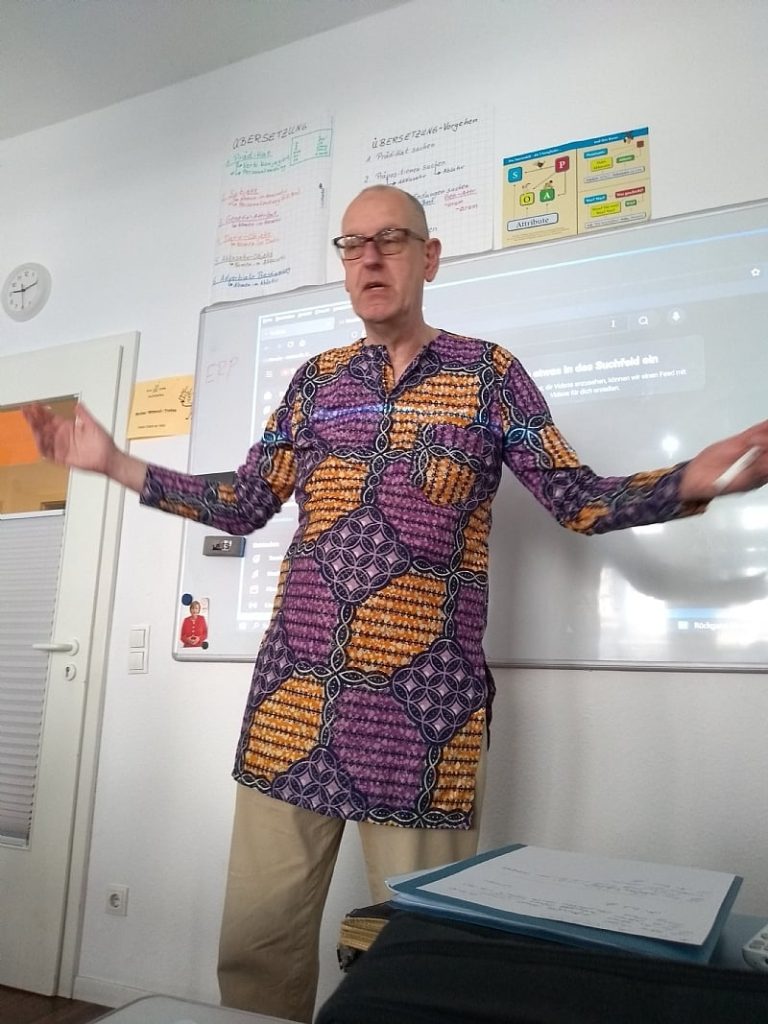
Professional footballer Christian Ronaldo has extended his contract with the Saudi Arabian Football Club until 2027. His financial compensations are sensational and justified by many as his performance is outstanding, and fans bring back the investment made in the form of ticket sales, broadcasting rights, and merchandise. A player like him is seen as an investment not a necessary support pillar as common workers, use of KI and robots, or service personnel on board cruise liners, planes, and in restaurants and musical theatres.
Besides the discussion of whether such sums of money for playing football is justified for an entertainer while a heart surgeon, a Professor, saving lives or making lives better after years and years of hard work and sacrifices made will never achieve in his professional life the element of transfer fees takes center stage again. Critics of the practises of modern-day professional football point to the fact that these practices remind them of a modern form of slavery; an attack heavily rejected by football fans and football managers. They argue modern football without transfer fees in big numbers attractive football for the many to deliver is never possible and that players are not forced to sign onto such contracts, These contracts make the player a worker of a club, not a self-employed freelancer.
Critics of professional football defend their claim by pointing to other sports that offer very attractive entertainment to fans of the highest caliber without any transfer fees ever paid. They do not see the need to put a market value over the head of a human to make others want him for their business. In other forms of jobs like common workers and CEOs of big corporations, transfer fees are not known or common rather laws in various jurisdictions would forbid such practices. Medical examinations before a CEO signs onto his new assignment are not known in the manpower industry, The contracts signed make the workers and CEOs employees of a company not a freelancer. Top football players are like top CEOs in business signed onto the clubs and companies’ payrolls to generate profit for the companies above average CEOs. The comparison is obvious and justified.
Young football players do not have the contacts to professional football clubs, the needed experience, and knowledge of the industry, or the foresight of their future career for which reason they use the service of football managers and agents. These personal relationships developed from an early age of the players make it close to impossible that a football player would reject a suggestion presented to him by his agent. The right to refuse the signing of a new deal by the footballer is possible by law but in practice only very hard to work through. CEOs, top CEOs, and workers have no agents to broker deals but are wise enough to find the best possible solution in the negotiation process with the new company. They get wise from learning by doing.
The discourse between the two sides comes down to the argument by the responsible club managers that the enormous number of football fans justify the current practise regardless of the two pillars of the tragic past of mankind, slavery; based on the fact of price for a human and medical examination before buying the human which makes it a slave by law, a thing to use accordingly to personal pleasure and values. A slave is not determined by time, as slaves in history were able to buy their way out of slavery (Ancient Egypt) or by living in the city for more than one year (Germany). Slavery is not necessarily a life-long destiny, but a contract condition embedded in the respective laws of a society. These aspects of history make the current ongoing practice of transfer fees very questionable and the rejection of football managers very weak arguments, close to nothing.
It is in the hands of every football fan to decide on a whole set of untouched integer moral values or use human values to taste by twisting them until they seem to fit.


